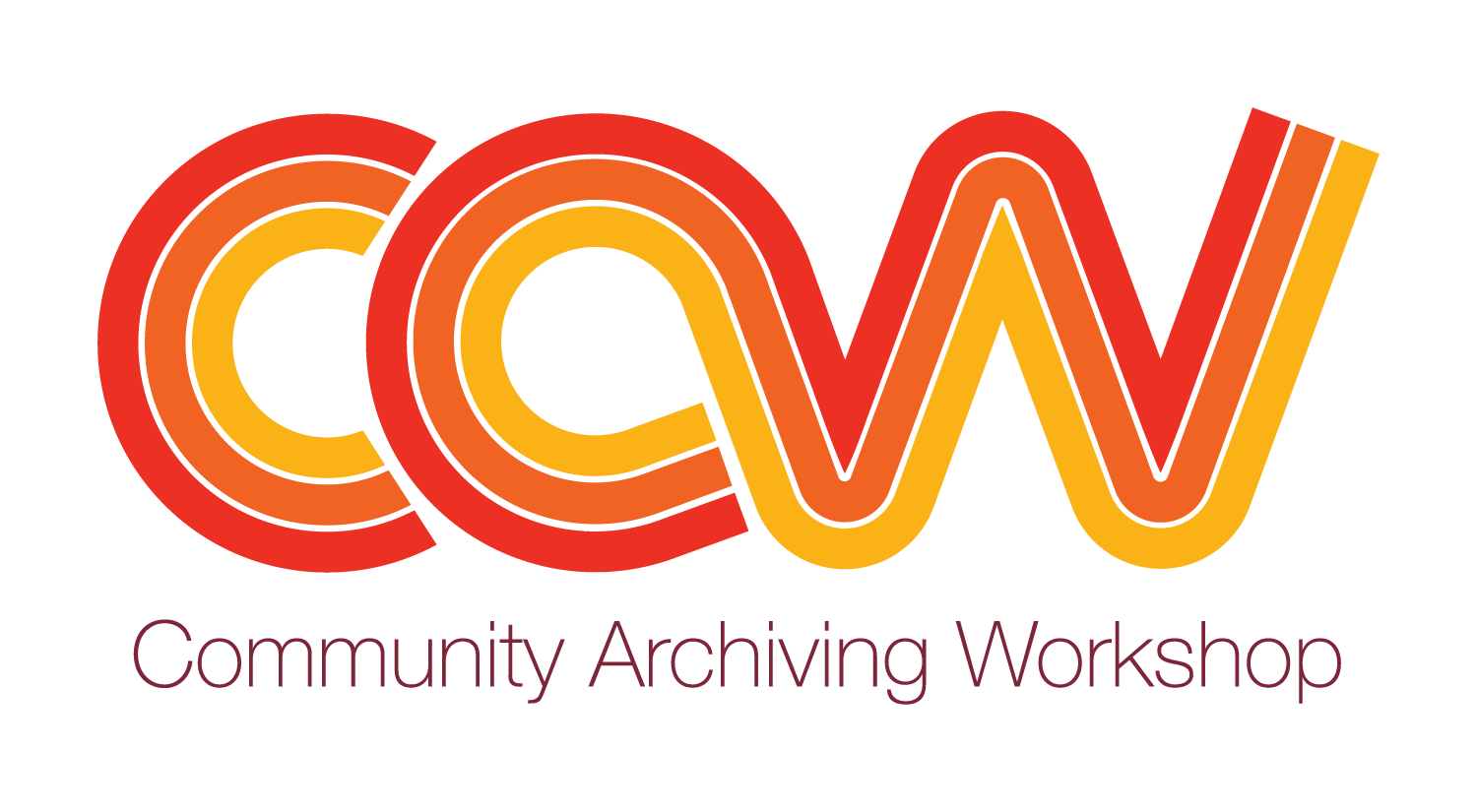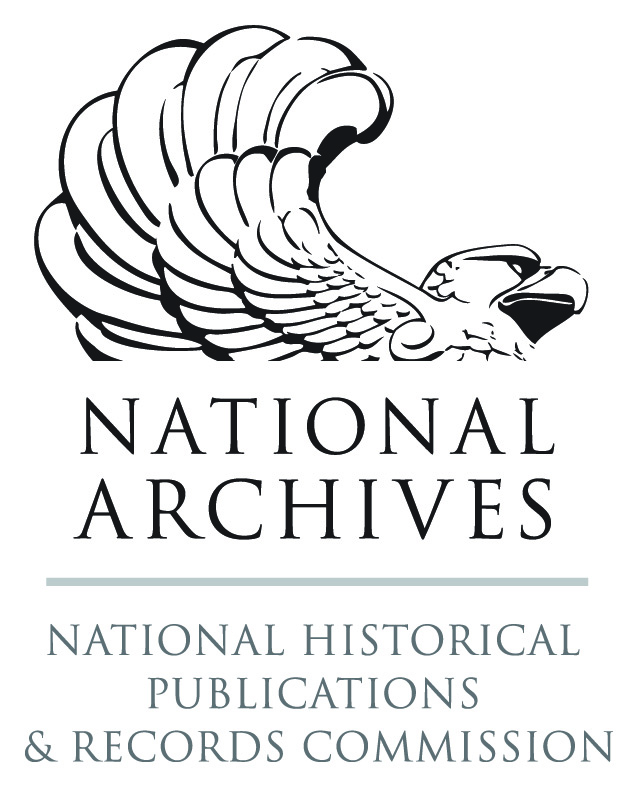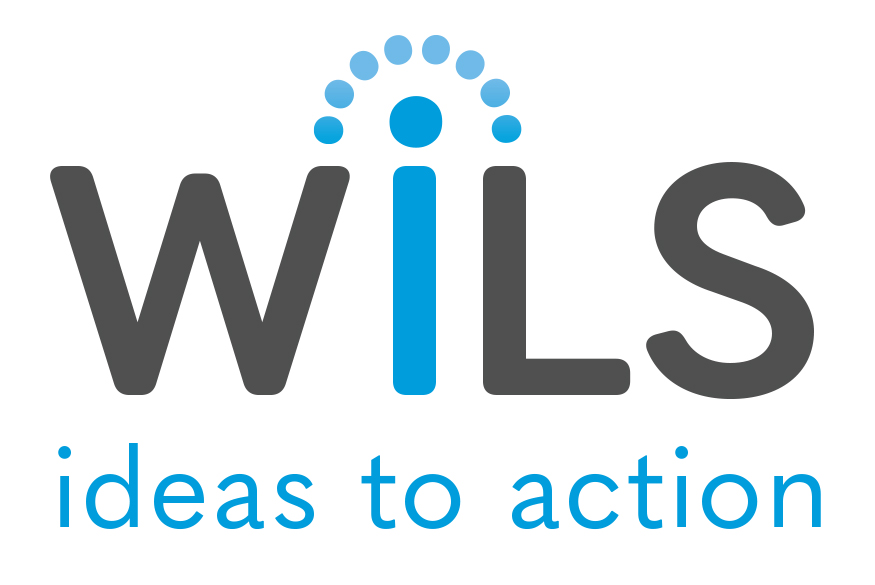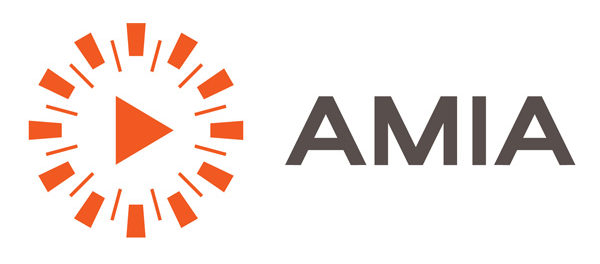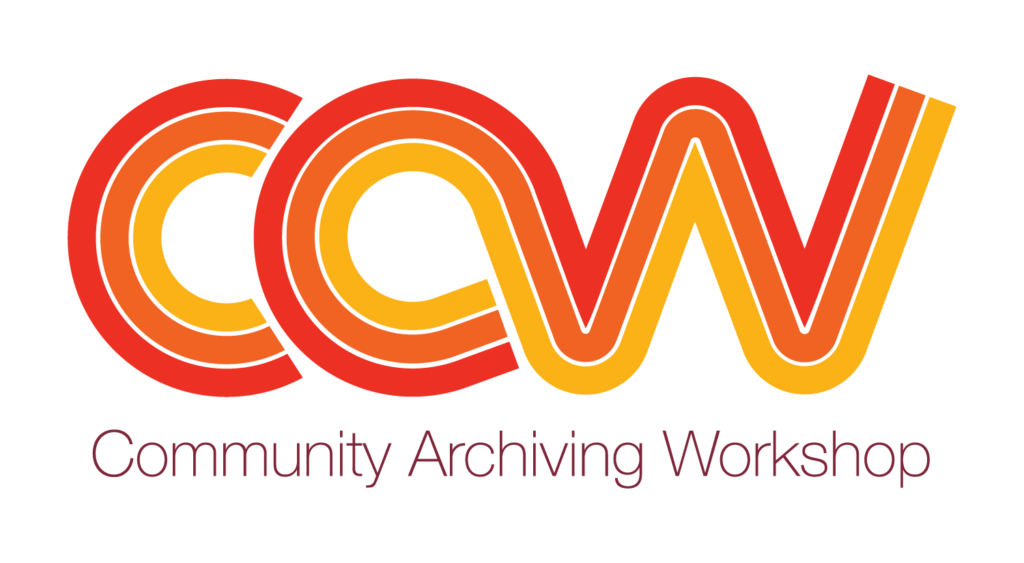The Digital Readiness Toolkit is a complete guide to creating and tending a digital collection. It contains practical tools, guidelines, and templates for cultural heritage digitization projects. The toolkit is a project of WiLS (formally Wisconsin Library Services), Recollection Wisconsin, and the Wisconsin Historical Society.
You can access the Digital Readiness Toolkit on the Recollection Wisconsin website at https://recollectionwisconsin.org/accessing-the-digital-readiness-toolkit. Pressbook eBook, PDF, and print-on-demand versions are available.
WiLS partnered with the Community Archiving Workshop (CAW), to update and enhance the Toolkit. CAW, a program of the Association of Moving Image Archivists (AMIA), received a grant from the National Historical Publications and Records Commission (NHPRC) to support the project Assessing and Addressing Digital Readiness for Audiovisual Collections. This work built on the Digital Readiness Toolkit developed by WiLS, Recollection Wisconsin, and the Wisconsin Historical Society, adapting it to incorporate the unique needs of audiovisual collections.
Audiovisual Digital Readiness Self-Assessment
The Audiovisual Digital Readiness Self-Assessment was created by Community Archiving Workshop (CAW) in collaboration with WiLS for use with the Digital Readiness Toolkit. By answering a series of questions in the self-assessment, an organization can determine its goals, strengths & weaknesses, and priorities for audiovisual digital projects. Together the Digital Readiness Toolkit and the Audiovisual Digital Readiness Self-Assessment offer a suite of tools and resources that help you customize a plan to create, preserve, and provide access to your digital collections. Use the link below to access the Audiovisual Digital Readiness Self-Assessment: https://pressbooks.pub/drtoolkit/chapter/appendix-b-audiovisual-digital-readiness-self-assessment-survey/.
Advancing Digital Readiness in Diverse Regional Collections
Advancing Digital Readiness in Diverse Regional Collections strengthens the Digital Readiness Toolkit’s real-world usability and advances digital collection creation, maintenance, and access for diverse organizations. The project is grant-funded by the National Historical Publications & Records Commission (NHPRC) in 2025-2026.
During the project, mentors will work with partners at four cultural heritage organizations. They will test the wide variety of resources in the Toolkit, apply them to real-world digital projects and evaluate the efficacy of the recently updated Digital Readiness Toolkit. The project establishes a Community of Practice in which organizational partners engage in peer-to-peer learning and identify areas for resource sharing. Project case studies from each of the four cultural heritage organizations will be documented in the toolkit.
Project partners:
- Chickaloon Village Traditional Council – Chickaloon, Alaska
- Pittsburgh Queer History Project – Pittsburgh, Pennsylvania
- Manilatown Heritage Center – San Francisco, California
- NOVAC (New Orleans Video Access Center) – New Orleans, Louisiana
Assessing and Addressing Digital Readiness for Audiovisual Collections
CAW collaborated with WiLS to complete the Assessing and Addressing Digital Readiness for Audiovisual Collections in 2022-2023. This project expanded audiovisual preservation resources for the Digital Readiness Toolkit by:
- Adding resources that address the challenges of audiovisual preservation
- Updating Focus Areas sections to include topics specific to audiovisual collections
- Expanding the glossary to include audiovisual technical terms
- Creating a self-assessment tool to help users evaluate their digital readiness and prioritize for a digital project.
CAW and WiLS worked closely with twelve diverse organizational partners to test the new audiovisual sections for usability, and incorporated partner feedback into the final product:
- African American Library and Museum at Oakland
- Karuk Tribal Libraries
- Sacramento Public Library
- University of Texas at El Paso Library
- Nashville Audiovisual Heritage Center
- Fisk University
- Huhugam Heritage Center-Gila River Indian Community
- Indian Pueblo Cultural Center Library & Archives
- Wyandotte Nation
- University of Wisconsin-Eau Claire Archives and Special Collections
- History Museum at the Castle
- University of Wisconsin-Madison University Archives
The project was funded by the National Historical Publications & Records Commission (NHPRC) in 2022-2023.
Acknowledgements
This project is made possible by funding from the National Historical Publications & Records Commission (NHPRC).

